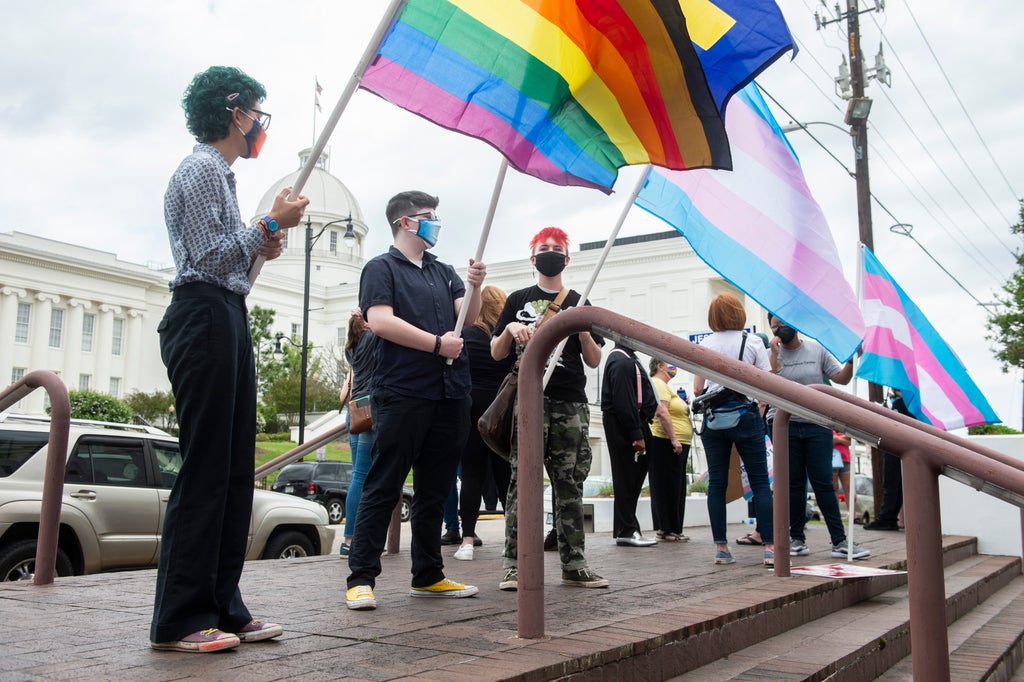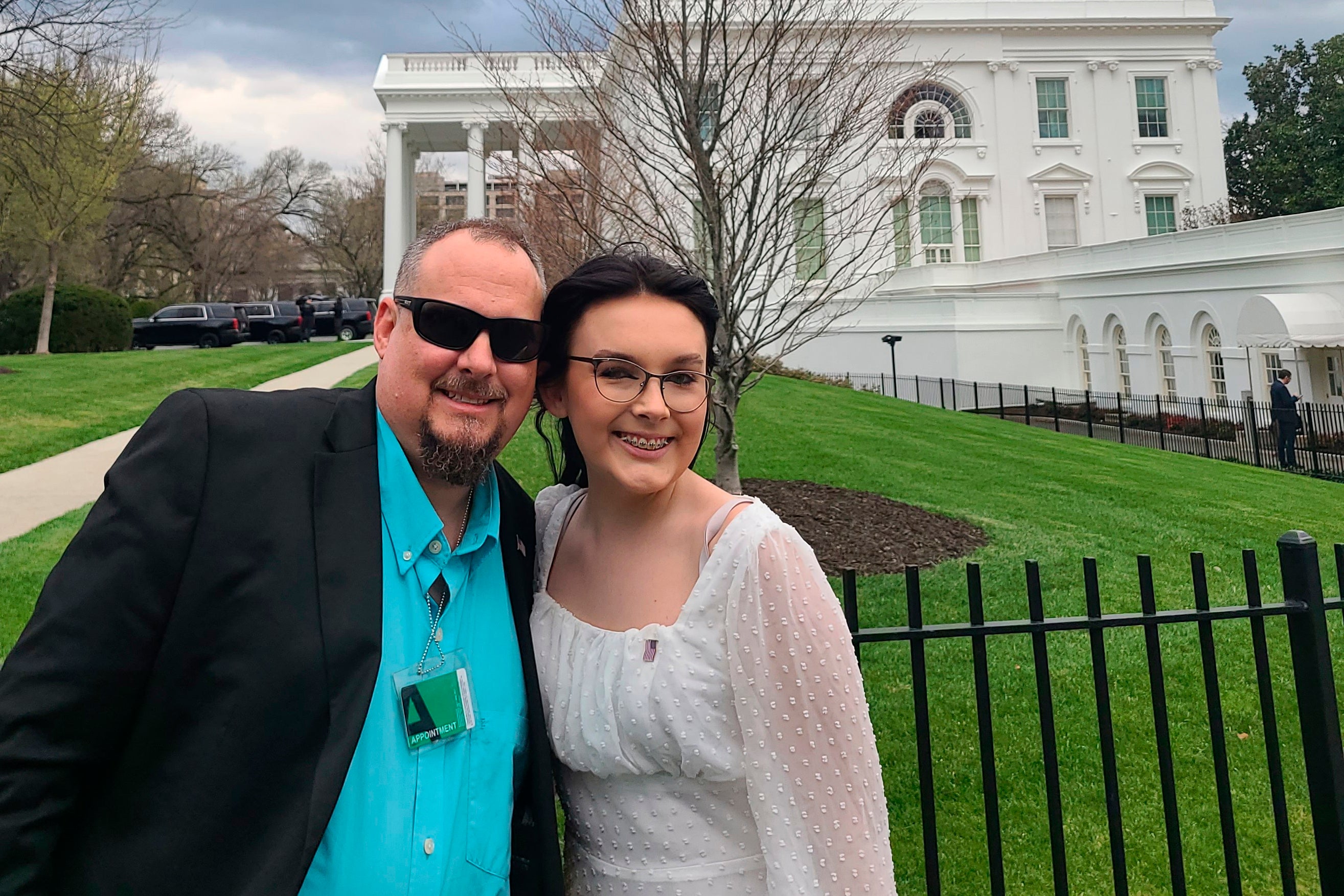
Families in Alabama and LGBT+ advocates and healthcare providers are breathing a momentary sigh of relief after a federal judge partially blocked enforcement of Alabama’s recently passed state law criminalising gender-affirming care for transgender youth.
US District Judge Liles C Burke, who was appointed by Donald Trump, issued a preliminary injunction to stop the state from banning measures such as hormone therapy and puberty blockers for transgender people under age 19. The court said the state’s ban – which makes medical treatments a felony – violates the constitutional rights of both transgender children and their parents.
Families “have a fundamental right to direct the medical care of their children,” according to Judge Burke. “This right includes the more specific right to treat their children with transitioning medications subject to medically accepted standards.”
The state produced no “credible evidence” in its argument that treatments are “experimental” in its justification for banning them, a claim that is “hypothesized [and] not exceedingly persuasive,” Judge Burke said.
A plaintiff identified as James Zoe, the father of 13-year-old Zachary of Birmingham, among several families with transgender children who proceeded anonymously in joining the legal challenge to the state law, said the ruling means the family can “continue providing our child with the medical care he needs and nothing could be more important or more of a relief to our family.”
“Alabama is our home and we hope this cruel law will not be allowed to force us from it,” he said in a statement through the Human Rights Campaign. “We are fighting for our child and will continuing fighting so that he and all transgender youth in Alabama remain able to receive appropriate medical care.”
Judge Burke issued the partial injunction after determining that the state’s law – which went into effect last week – poses an “imminent threat of harm” to plaintiffs, including their “severe physical and/or psychological harm.”
“The uncontradicted evidence is that at least [22] major medical associations in the United States endorse transitioning medications as well-established, evidence-based treatments for gender dysphoria in minors,” Judge Burke said.
The ruling means that “parents of transgender children in Alabama will continue to be able to make the healthcare decisions that are best for their families,” according to Jennifer Levi, transgender rights project director with GLBTQ Legal Advocates & Defenders.
“It is an extraordinary relief. Parents should not be punished for wanting to do what’s best for their kids,” she said.
The ruling “took a lot of weight off our shoulders,” Jeff Walker, whose family is among plaintiffs in the case, told The Associated Press.
Their 15-year-old daughter Harleigh said the decision is a “huge stress relief” as the family determines whether they need to move to another state to continue her care.
The judge’s ruling, however, allows other provisions in the state’s law to remain in place, including a ban on gender-affirming surgeries for minors, which doctors have repeatedly testified do not take place in the state.
Judge Burke also left in place requirements for counselors and other school officials to tell parents whether their child discloses they are transgender.

Major medical groups including the American Academy of Pediatrics have repeatedly objected to similar laws, arguing they deny patients and families access to comprehensive and evidence-based care, and risk further stigmatising already-vulnerable young people at higher risk of suicide.
A wave of anti-LGBT+ legislation in 2022 has mostly been aimed at healthcare for transgender youth and whether transgender athletes can participate in school sports.
The US Department of Justice also joined a challenge to the Alabama law, arguing in a complaint issued on 29 April that the law “discriminates against transgender minors by unjustifiably denying them access to certain forms of medically necessary care.”
Alabama Governor Kay Ivey, who signed the bill into law last month, has vowed to appeal the ruling.
She said in a statement on 14 May that the state “will continue fighting to protect Alabama’s children from these radical, unproven, life-altering drugs, despite this temporary legal roadblock.”
Asaf Orr, senior staff attorney and director of the Transgender Youth Project with the National Center for Lesbian Rights, said states should “not criminalize parents and doctors for following medical guidelines and providing needed medical treatments.”







